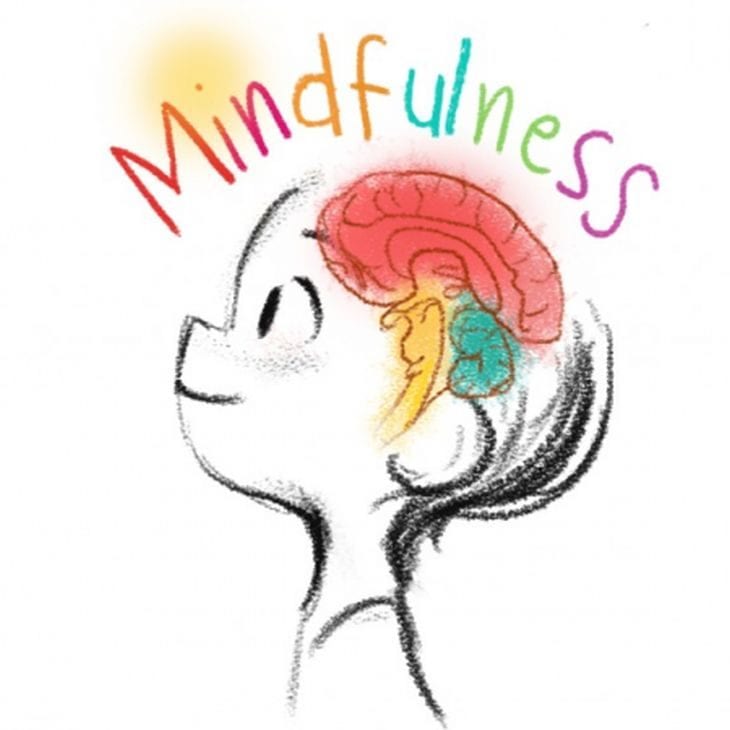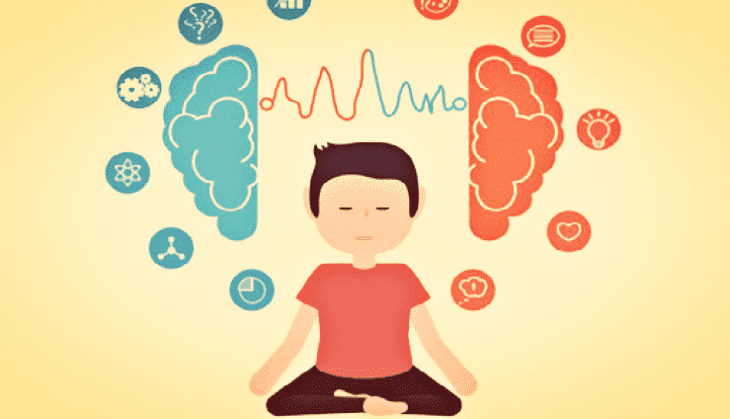Before writing about the benefits of mindfulness, it is important to understand what it actually is. Mindfulness is a practice of focusing your attention on the present moment, as well as accepting it without any judgment. Mindfulness is currently being researched scientifically and is the key element in reducing stress and overall happiness. It is a practice of focusing on sights, sounds, taste, smell, sensations of the body, or mental activity. You do not need to spend a lot of time doing it, it can be done for a few seconds or minutes while you are lying in bed, sitting on a bench, or eating lunch. It is possible to do it anywhere.
There are plenty of ways to practice mindfulness throughout your day, from simple things like stretching in the morning, listening to music, or even drinking water, you will be able to do things while you are practicing it.
So, what can practicing mindfulness help us with? Here is a list of benefits you might get:

Img source: renaissancelifetherapies.com
1. You will get better sleep – anyone who has problems with mental or physical problems of poor sleep, will appreciate this, perhaps most important benefit, of mindfulness, which is better sleep. As a matter of fact, research with adults that have sleep disturbances found that the practice of mindfulness had the result in short-term improvements in sleep quality by reducing sleep problems.
2. You will have lower levels of stress – since we live in a fast-paced society, it adds to our everyday stress. Learning how to minimize or control the stress effects on your body is crucial to your overall health. So, it is good to know that a review of 47 clinical trials found that practicing mindfulness showed improvements in stress and the mental health part of any health-related quality of life.
3. You will be able to improve your attention – a brief meditation training (which is 4 days long), can lead to an improved ability to sustain attention. Other improvements include better memory, executive functioning, visual and space processing, reduction in anxiety, and increased mindfulness.
4. You will be able to manage chronic pain – thousand, if not millions of people suffer from chronic pain. The reasons for chronic pain are endless, starting from an injury that might have brought on the pain, or it could be a result of PTSD (post-traumatic stress syndrome). Managing chronic pain in a healthy way is the main focus of the current research being conducted. Mindfulness-based stress reduction (MBSR), is a therapy that combines mindfulness meditation and yoga, and it might result in significant improvements in pain, anxiety, and the ability to participate in everyday activities.

Img source: exploringyourmind.com
5. You will be able to stop a depression relapse – mindfulness-based cognitive therapy (MBCT), may prove to be beneficial in preventing depression relapse. The strength of the mind-body technique is how it shows participants how to get loose from the dysfunctional and deeply felt thoughts that go with depression. A study from 2011, found that MBCT is an effective way to prevent depression relapse in people with at least 3 prior episodes of depression.
Conclusion
The more you practice mindfulness, the more effects it will have on you. Most people will tell you that it only takes them 20 minutes for their minds to start feeling at ease, so this would be one of the ways to start practicing it.
